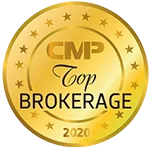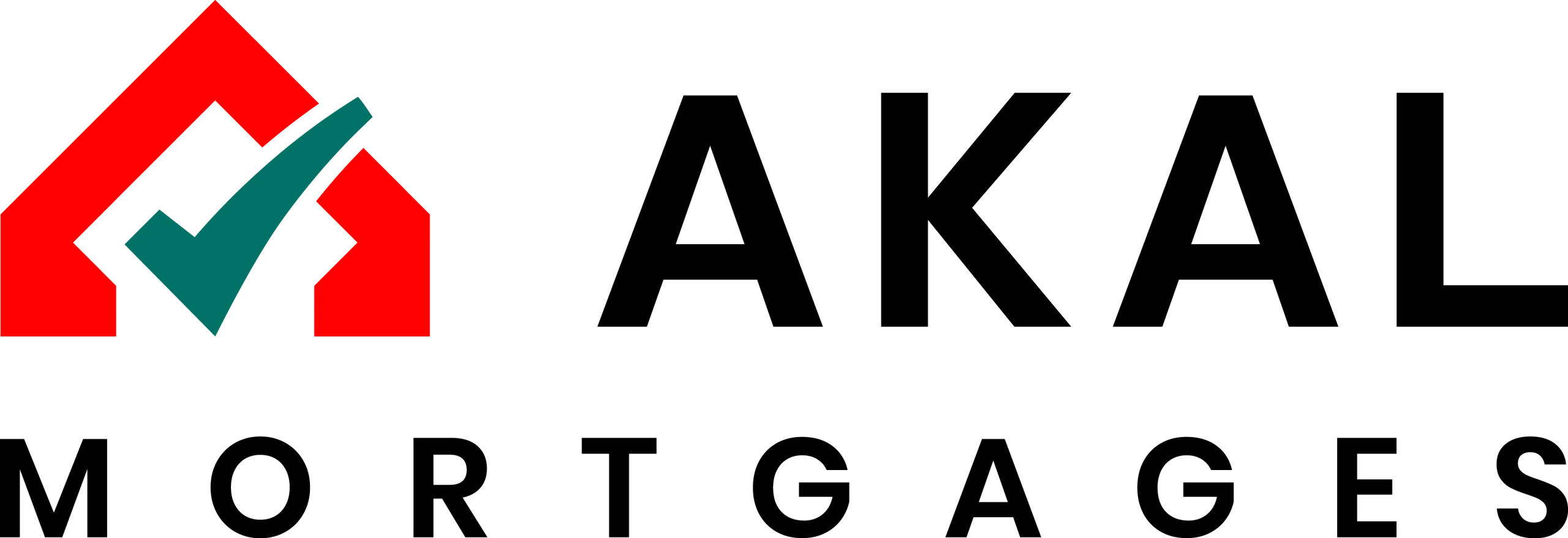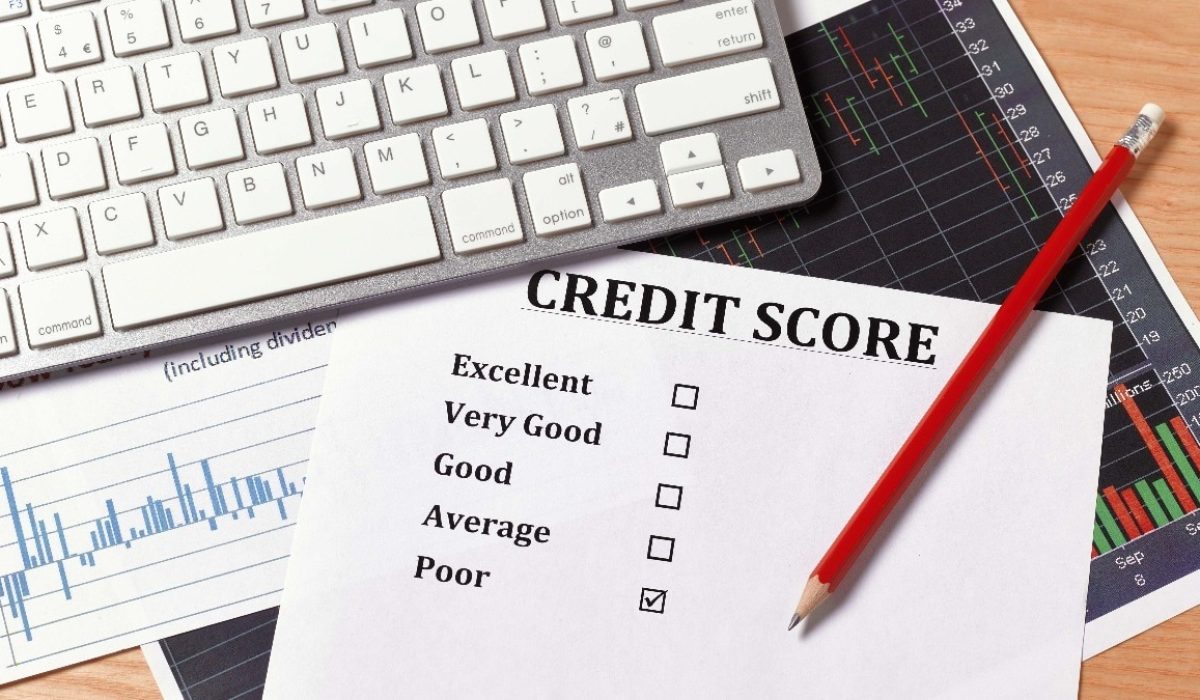As mortgage rates rise and home prices continue to climb, many Canadians are finding it more challenging to qualify for a traditional mortgage or manage monthly payments. Enter alternative lenders and flexible mortgage products, which are quickly gaining popularity in the Canadian mortgage market.
Much like the latest fitness trend, these alternative solutions are here to help homeowners who need options beyond what traditional banks can offer. For Canadians with complex financial situations, self-employment income, or less-than-perfect credit, alternative mortgage financing provides a practical path to securing a home.
What Is an Alternative Lender or Product?
An alternative lender, often referred to as a B lender, offers mortgage solutions outside the traditional bank system. Unlike conventional (A) lenders, which usually have strict qualification requirements and standardized mortgage products, alternative lenders focus on flexibility.
They evaluate the bigger picture, considering factors such as:
- Home equity as collateral
- Non-traditional income sources, like self-employment or commissions
- Borrowers with past credit challenges or complex financial situations
By providing more choices for homebuyers and homeowners, alternative mortgage lenders play a crucial role in helping Canadians secure or maintain homeownership—even in a higher-rate environment.
How Can an Alternative Lender Help You?
If you’re facing challenges with traditional banks, alternative lenders in Ontario and across Canada can provide:
- Access to Homeownership Despite Credit Challenges: B lenders are more flexible with credit scores, often accepting applicants with scores as low as 500–600, depending on the lender.
- Customized Mortgage Solutions: Alternative lenders can offer home loan alternatives such as short-term or bridge financing, second mortgages, or tailored solutions for self-employed borrowers.
- Opportunity to Improve Credit and Financial Health: Successfully managing a mortgage with a B lender can strengthen your credit profile, allowing you to refinance with a traditional bank in the future.
- Faster Approval Times: With more streamlined processes, alternative mortgage financing can help you secure a mortgage quickly, especially in competitive housing markets.
When Might You Need an Alternative Mortgage Solution?
Alternative lending is ideal in situations where traditional banks may not be able to help. These include:
- Consolidating debt to improve credit
- Bridge loans are used when selling one home and buying another.
- Adding a second or third mortgage without refinancing
- Self-employment or non-traditional income sources
- Divorce-related transitions requiring short-term financing
- Job relocations where purchasing a new home is necessary before selling your current one
In short, B lenders provide solutions for complex financial scenarios that don’t fit the conventional mold.
Also read: How to Recast Your Mortgage and Reduce Monthly Payments
Who Are Considered Alternative Lenders?
The term “alternative lender” has evolved. It no longer refers solely to clients with poor credit. Today, alternative lenders may include:
- Smaller or Regional Banks: These banks compete with Canada’s Big Six (RBC, TD, Scotiabank, BMO, CIBC, National Bank) by offering more flexible mortgage products.
- Non-Bank Lenders: Credit unions, trust companies, and mortgage finance companies (like THINK Financial) are regulated federally or provincially and provide alternative mortgage solutions.
- Private Lenders: Often considered lenders of last resort, private lenders provide financing based on home equity and location. While they offer access when other options fail, they typically charge higher rates and fees and may not offer easy renewals.
At AKAL Mortgages, we often help clients access regulated alternative lenders instead of private lenders, saving money and reducing risk.
What Are the Minimum Requirements for Alternative (B) Lenders?
Even with flexibility, B lenders maintain specific standards:
- Minimum credit score, often around 500 (may vary by lender)
- Down payment of at least 20%
- Home equity of 20% or more (loan-to-value of 80% or lower)
These requirements ensure that borrowers are still eligible for sustainable financing while taking advantage of alternative solutions.
Alternative Mortgage Rates: What to Expect
Because alternative mortgage products are tailored and involve higher perceived risk, their interest rates and fees are usually higher than those of traditional mortgages. However, the benefits often outweigh the costs:
- They allow homebuyers and homeowners to secure financing that fits their situation
- They provide a bridge to better rates once credit or income improves
- They offer short-term solutions for immediate housing needs
Also read: What to Bring to A Mortgage Appointment
Special Considerations: Self-Employed and Alt-A Products
For self-employed borrowers, income complexities often make traditional mortgages challenging. Alternative lenders may accept business bank statements and other documents to assess income more accurately.
Alt-A products are another option for those with non-traditional income sources or less than a 20% down payment. These products are insured, carry lower risk for lenders, and often provide better rates than other alternative products.
Can You Qualify With Poor Credit?
Yes. With sufficient equity in your home, a flexible income assessment, and a credible repayment plan, alternative lenders can approve mortgages even if your credit score is below traditional thresholds. Consulting with a professional broker is the best way to explore your options.
Why Choose AKAL Mortgages?
At AKAL Mortgages, we connect you with Canada’s best B lenders and alternative mortgage lenders to match your unique financial situation. Our team of salaried, highly trained mortgage brokers is committed to helping you find the right solution by:
- Assessing your individual financial scenario
- Identifying the most suitable lender or mortgage product
- Guiding you to choose between traditional, alternative, or private mortgage options
- Providing support in your preferred language
With years of experience and countless satisfied clients, our team knows how to help Canadians secure their dream home with minimal stress and maximum confidence.
Conclusion
Alternative mortgage solutions are becoming an essential part of the Canadian mortgage landscape. Whether you’re self-employed, have bad credit, or need a short-term solution, B lenders provide flexible options to help you achieve your homeownership goals.
By working with expert brokers and exploring home loan alternatives, Canadians can secure financing tailored to their unique needs and move closer to owning their dream home.




